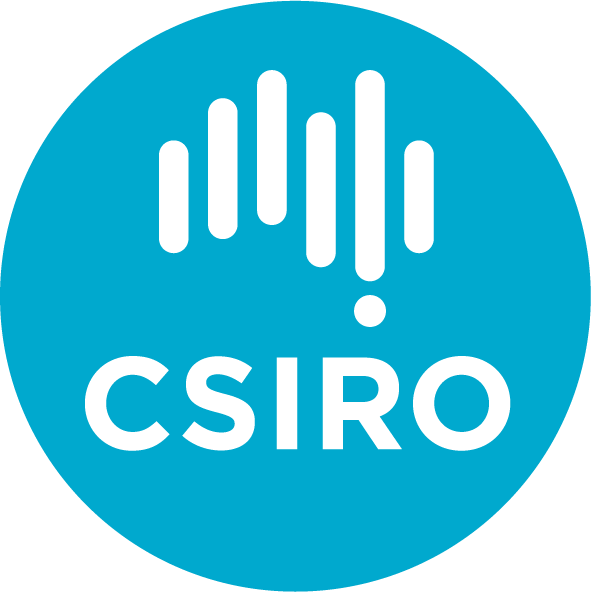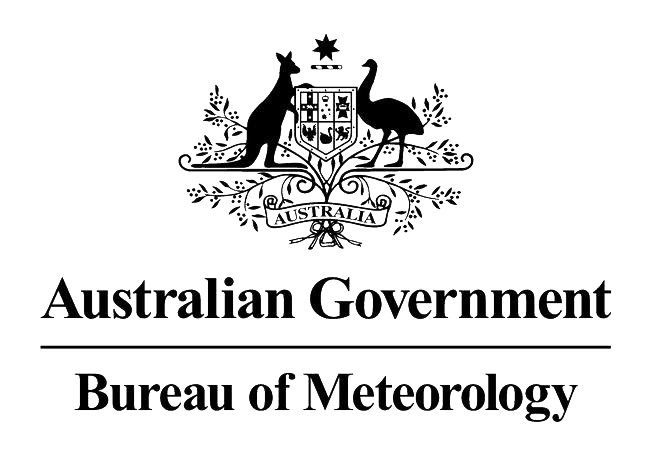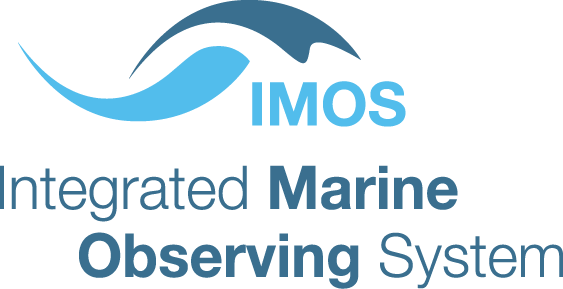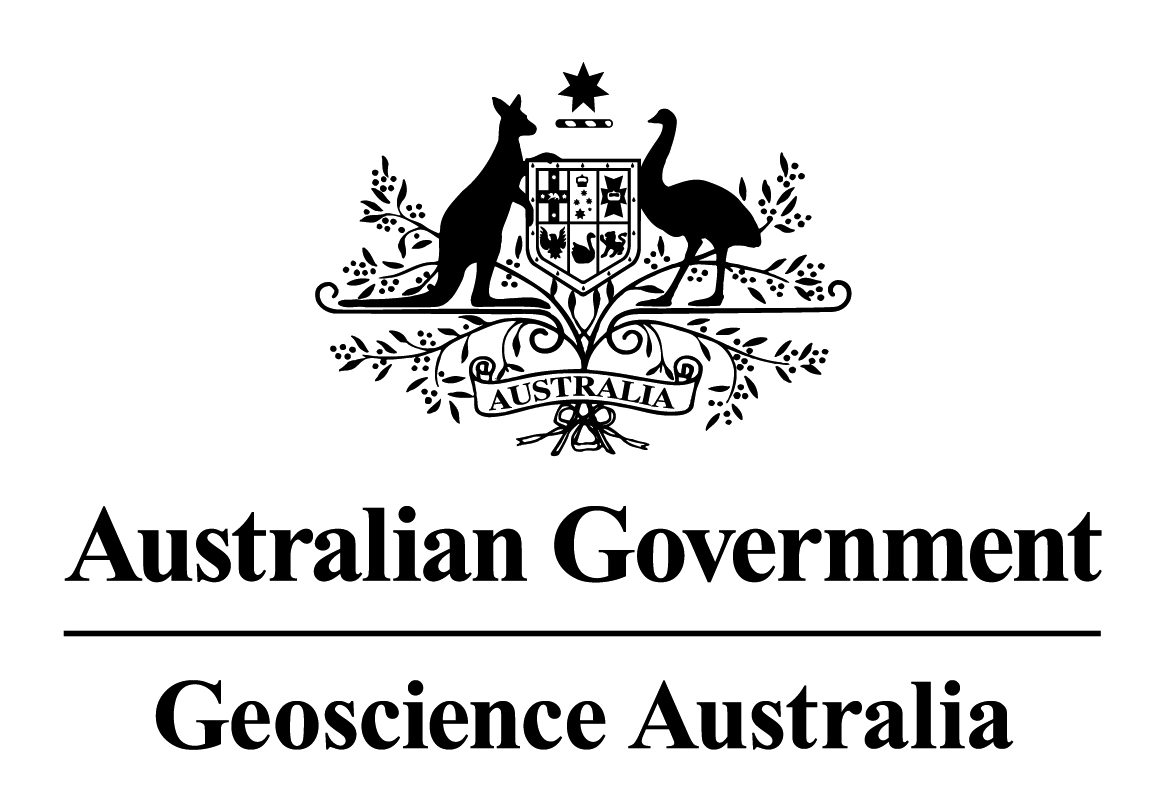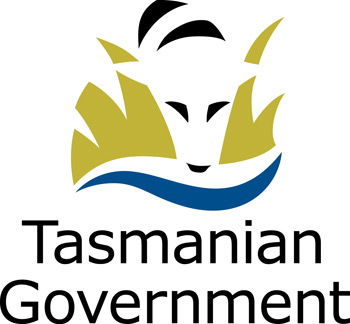OUR PARTNERS
Institute for Marine and Antarctic Studies
IMAS was created by the University of Tasmania in 2010 as a centre of excellence for marine and Antarctic research and education. Its vision is to develop environmental understanding and facilitate sustainable development for the benefit of industry, governments and communities in Tasmania, Australia and the world. IMAS has three core research programs in fisheries and aquaculture, ecology and biodiversity, and oceans and cryosphere, and its researchers also collaborate across the major themes of climate change, ocean-Earth systems, and oceans and Antarctic governance.
IMAS has built successful partnerships with many Australian and overseas research organisations and universities, and leads a wide range of collaborative research projects, voyages and field programs. The Institute also works with government and industry on major fisheries and aquaculture research programs, such as the Sustainable Marine Research Collaboration Agreement (SMRCA), which conducts local fisheries and aquaculture research, and IMAS’ Experimental Aquaculture Facility (EAF), which partners with the salmon industry to conduct aquaculture research in our custom built centre.
IMAS offers a range of unique undergraduate and postgraduate courses, and research training programs, with its specialisations including Marine Biology and Resource Management, Marine and Antarctic Governance, Oceanography, Aquaculture, and Physical Sciences. Since its formation, IMAS has grown to be the highest performing research arm of the University of Tasmania, building a critical concentration of internationally-recognised scientific expertise and leadership.
Australian Antarctic Program
Australia’s activities in Antarctica, from scientific research through to logistics and transport, are coordinated through the Australian Antarctic Program (AAP).
The Program is led by the Australian Antarctic Division (AAD) , which is part of the Australian Government and is responsible for Australia’s presence and activities in the Australian Antarctic Territory and the Southern Ocean.
The AAD supports Australian science on the ice, in the Southern Ocean and the sub-Antarctic, requiring a comprehensive logistics operation involving sea, air and ground transport and year-round research stations.
The AAP is highly collaborative, with partnerships across government and more than 150 national and international research institutions. Australia also works with other countries’ Antarctic programs to run joint international scientific and logistical operations.
Australia’s national interests and vision for future engagement in Antarctica are set out in the Australian Antarctic Strategy and 20 Year Action Plan. The Plan recognises Australia’s strong strategic and scientific interests in Antarctica and the Southern Ocean, and aims to build Australia’s role as a leader in the region.
Commonwealth Scientific and Industrial Research Organisation
As Australia’s national science agency and innovation catalyst, CSIRO solves the greatest challenges through innovative science and technology. CSIRO works with organisations large and small, delivering world-leading research and development solutions to help their business innovate, improve and grow. CSIRO will lead AAPP research in oceanography and biogeochemistry, and contribute to the atmosphere and ice shelf research areas. CSIRO and the Bureau of Meteorology are lead agencies for climate research in Australia and will lead in delivery of AAPP climate-relevant research to stakeholders. CSIRO operates the RV Investigator and will contribute expertise in ocean and atmospheric observing systems, decadal variability, biogeochemical cycles, ocean dynamics, and Earth System Modelling to AAPP.
Bureau of Meteorology
The Bureau of Meteorology (BoM) is Australia’s national weather service and has a long-term involvement in Antarctic science and the support for Antarctic activities through observations and weather and ocean forecasting. The BoM brings expertise in meteorology, ocean and sea-ice processes to the program. The BoM will undertake and analyse observations and model output as well as conduct research on improved representation of key processes in the ACCESS model. The BoM is a key developer of the ACCESS model that will be used for a number of these studies on both critical processes as well as seasonal and climate change time scales.
Integrated Marine Observing System
The Integrated Marine Observing System (IMOS) undertakes systematic and sustained observing of Australia's marine estate. IMOS operates a portfolio of different platforms to acquire ocean observations. All IMOS data is open and accessible to the marine and climate science community, international collaborators, and other users through the IMOS Australian Ocean Data Network Portal (www.aodn.org.au).
IMOS coordinates a multi-institutional ocean observing capability in the Southern Ocean. Data are collected through the deployment of instruments including Argo floats, shipborne equipment, satellite tags on marine mammals and the Southern Ocean Time Series deep water mooring. IMOS utilises the Australian research vessel fleet, including Australia’s icebreakers and the RV Investigator, and cooperate with other National Antarctic Programs and industry vessels, to deploy these instruments.
IMOS is enabled by the National Collaborative Research Infrastructure Strategy (NCRIS) and is the only NCRIS capability based in Tasmania. IMOS is operated by a consortium of institutions as an unincorporated joint venture, with the University of Tasmania as Lead Agent.
Geoscience Australia
Geoscience Australia is the national geoscience public sector organisation. It is the trusted source of information on Australia’s geology and geography for government, industry and community decision-making. Their work covers the Australian landmass, Australian marine jurisdiction and responsible jurisdiction in Antarctica.
They provide geoscience advice and capabilities to support the Australian Government's goals for Antarctic science and activities in Antarctica through:
- Undertaking marine and onshore applied geoscience research in the Antarctic to better understand our Antarctic territories and surrounding oceans
- Operating space-tracking infrastructure in Antarctica to support precise GPS positioning.
Tasmanian Government
The Department of State Growth has a dedicated Antarctic Tasmania business unit. Antarctic Tasmania is responsible for implementing the Tasmanian Antarctic Gateway Strategy. Two of the goals of the strategy are:
- To strengthen Antarctic and Southern Ocean research, education and training; and
- To facilitate active collaboration with actions directed at driving strategic initiatives to support future science activity in Hobart, Australia’s national Antarctic gateway.
These goals align directly with objective 3 of the Antarctic Science Collaboration Initiative (ASCI) and the Australian Antarctic Program Partnership (AAPP) which is to maintain science jobs in Hobart.
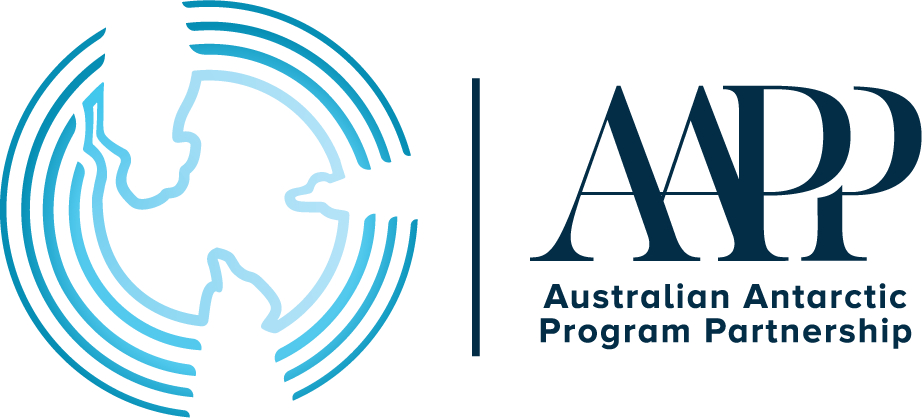
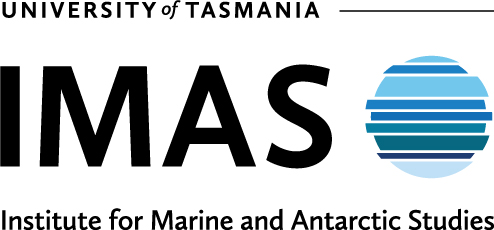
![AAPlogo[FINAL] AAPlogo[FINAL]](https://aappartnership.org.au/wp-content/uploads/2020/07/AAPlogoFINAL.png)
